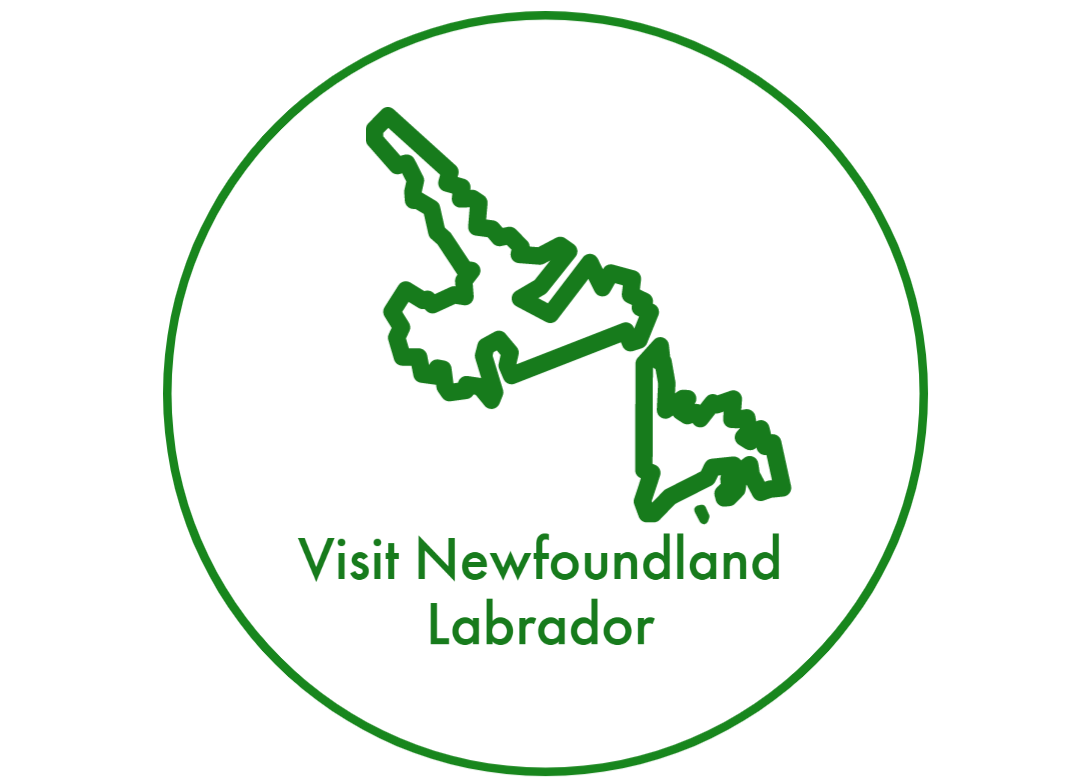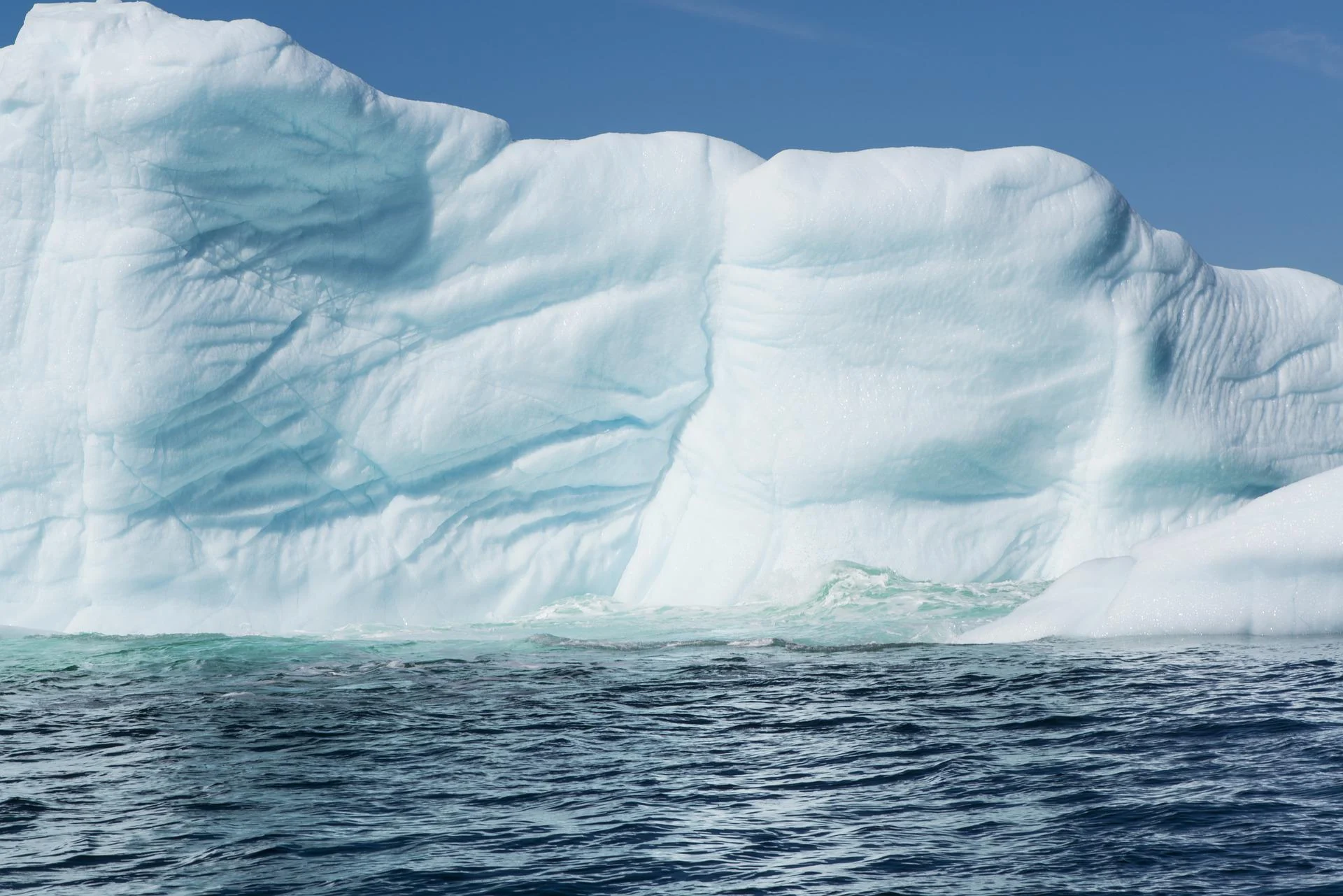Watching Unique icebergs in Newfoundland will make you Happy.
Watching Unique icebergs in Newfoundland will make you Happy. An old saying says, “The best way to learn about icebergs is to go up close and personal with them.” The phrase can be applied to many things in life, but when it comes to icebergs in Newfoundland, you would be wise to listen. Icebergs are beautiful natural wonders that have been around for millions of years. Plan ahead by booking tickets several months out. Book your ticket here.
They float on the ocean surface and can be as small as a football field or as large as a city block. If you live in Newfoundland, then there is no better place to go than out into the Atlantic Ocean, where these magnificent creations can be found bobbing along like giant white balls of ice.
How we define Newfoundland Icebergs.
Iceberg is a massive chunk of ice that has broken off from glaciers. They can be found in the North Atlantic and Arctic oceans, where they drift around until they melt or get grounded on an island or shoreline. Icebergs can be as tall as a skyscraper, but most are only about 100 meters high; some are even smaller.
Icebergs are made up entirely of fresh water. There’s no salt in them at all. That means they’re lighter than saltwater ice would be, so they float on top instead of melting into the sea around them, like you might expect when you see one floating along without sinking into its surroundings.
Icebergs In Newfoundland
Newfoundland Icebergs are large ice that has broken off from glaciers or ice shelves and are floating in Atlantic open water. They can be as small as a few metres across or as large as many kilometres across.
Where are the Icebergs in Newfoundland
The icebergs are found in the Labrador Sea, the Gulf of St. Lawrence, Fogo Island, Twillingate, Bonavista, St John’s, Ferryland and many other locations around the province. They are floating in the Atlantic Ocean, but they are not alone. You will find whales, sharks, seals and fish among the icebergs.
The icebergs in Atlantic Canada are lovely to look at and create beautiful scenery. They are unique because they have layers of different colours, which makes them even more exciting and attractive. Icebergs are very popular among tourists, photographers and other people who love nature. To see some of the icebergs in Newfoundland, go online and book your Boat tour today.
This is the best time to see icebergs?
To get the best view of icebergs, you’ll want to visit Newfoundland in spring or summer. The best time of year for viewing icebergs is during May through September, when they are most visible on the coast of Newfoundland. If you’re lucky enough to catch them during this period, there are a few places where you can see them up close:
- The Strait of Belle Isle – This narrow stretch between Newfoundland and Labrador hosts large numbers of icebergs throughout the spring and summer because it’s a direct off-ramp from the Labrador Sea.
- Iceberg Alley – This area extends from Labrador down to St John’s and includes many spots where bergs gather.
How do icebergs form
Icebergs are formed when glaciers calve into the ocean. Icebergs are big chunks of ice that have broken off from a glacier and floated away, often in large numbers.
How old are icebergs
Depending on how long they’ve been floating around in the ocean, they can be hundreds of years old. Icebergs are as old as the glaciers that spawn them, which means they’re also hundreds or thousands of years old. Their exact age depends on their location and how long it took to form, but we know that most icebergs are at least a few hundred years old.
How fast icebergs move
They move very fast and can be dangerous. However, when you consider how big these things are, it becomes pretty impressive. Icebergs move faster in warmer water and slower when it’s colder or calmer, so if you want to see them in action, head over to Iceberg Alley during spring or summertime.
The best way to learn about icebergs is to take a boat tour and go up close and personal with them. In Newfoundland, you can take an iceberg tour or visit the Iceberg Alley in the town of Twillingate. If you cannot see icebergs in action, plenty of videos are online showing how beautiful these massive chunks of ice are.
Icebergs are an excellent and unique part of nature. They can be found in many places worldwide, but Newfoundland is one of the best places to see them. We recommend you take a boat tour to learn more about this phenomenon and experience it yourself. You will most likely find icebergs in spring and summer.
More Newfoundland and Labrador Travel Guides
- Best Towns In Newfoundland For A Relaxing Weekend Getaway
- The best things to do in Twillingate
- Colourful Northern Lights In Newfoundland And Labrador Sky
- The Best Trip Ideas for Newfoundland
These are the best travel planning resources you should use.
Looking to book your trip to Newfoundland and Labrador? Use these resources that are tried and tested by other travellers like you who vacation in Newfoundland and Labrador. Bookmark these links. Save them for future reference.
Booking Flights, Hotels or B&B: Start planning your next vacation trip by finding the best flight, hotel or b&b deals. Book Here
Finding things to do in Newfoundland and Labrador on TripAdvisor and Viator is not hard. Enjoy boat tours, whale watching, icebergs watching, kayaking and other activities.
You can also find low prices on hotels, B&B and cabins with these two providers. If you are located in Canada, the USA, the UK or Europe, use Booking.com, and if you are in Canada, the USA or anywhere else, use TripAdvisor.
Car Rental: Here is what we recommend:
When you book with Rentalcars.com, you can compare prices and find the best vehicle for your trip. Economybookings.com Display all their vehicle on the website with a detailed description. They display high-quality photos and a user rating as well. Qeeq.com serves road trip travellers like you from different countries by working with car rental companies worldwide.
Get compensated if your flight is delayed or cancel
AirHelp and Compensateair will help you with flight delays, cancellations, or denied boarding. All you need to do is to submit your flight details, and they will handle the claim process on your behalf. They will handle all the paperwork, airline negotiations, and legal proceedings.
Do you need more help planning your trip?
Check out our Resources Page, where we highlight all the resources and companies you can use to assist with your planning.



